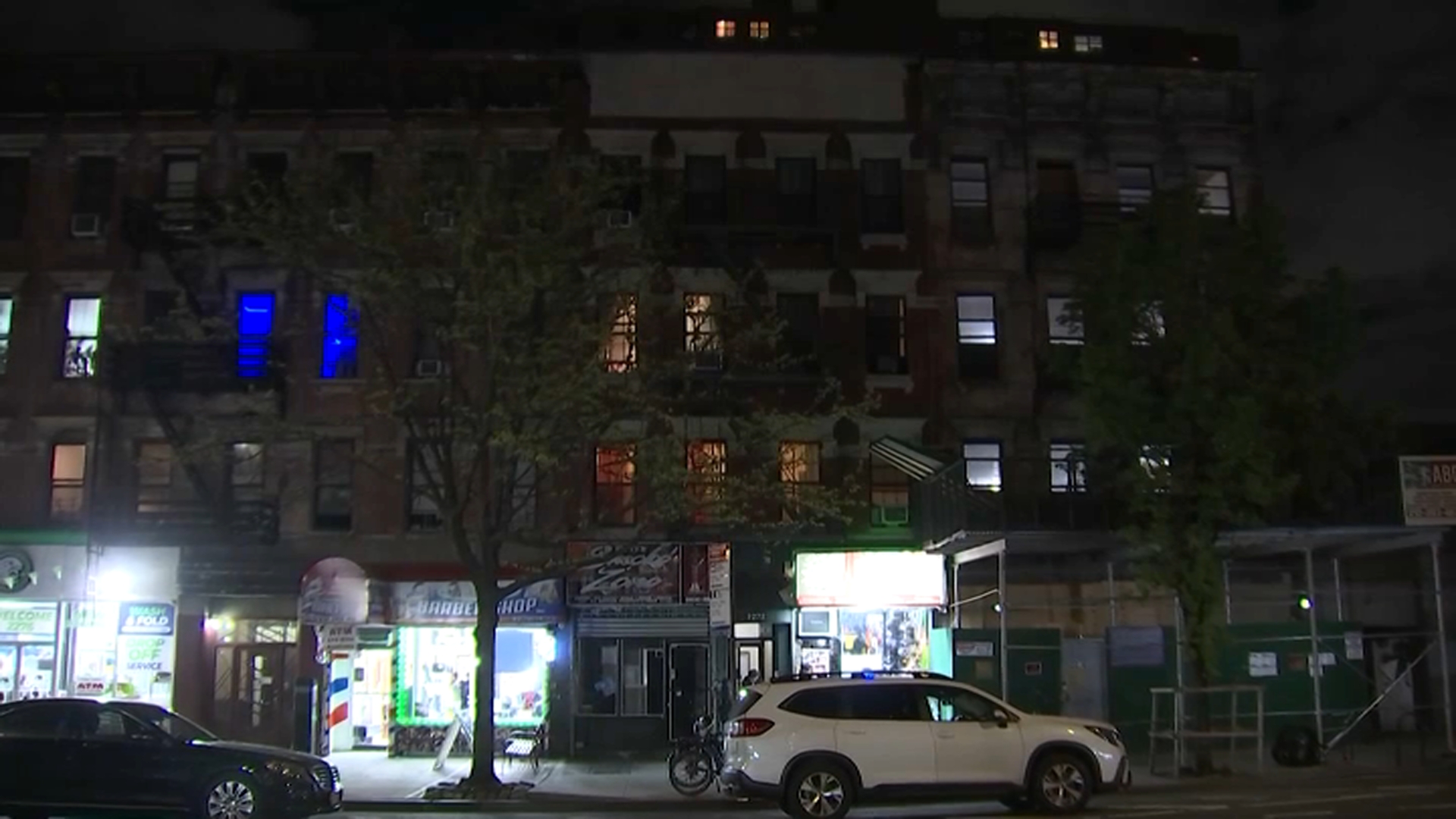What to Know
- Nearly 10,000 people have signed a petition urging the New York state Parole Board to deny the release of Judith Clark
- Clark, who's served 35 years, drove a getaway car in the 1981 Brinks armored car robbery that left three dead
- In December, Gov. Cuomo commuted Clark's sentence to make her eligible for parole, saying she had a right to make her case for a release
Nearly 10,000 people have signed a petition urging the New York state Parole Board to deny the release of an ex-radical who drove a getaway car in the 1981 Brinks armored car robbery that left three dead.
Republican Sen. Patrick Gallivan delivered the petition Wednesday. Judith Clark's parole hearing is set for next month.
Clark, a former Weather Underground member, has served 35 years of a 75-years-to-life sentence in the Rockland County heist, which led to the death of two police officers and a security guard. In December, Democratic Gov. Andrew Cuomo commuted Clark's sentence to make her eligible for parole, saying she had a right to make her case for a release.
Gallivan, joined by three other GOP senators, said the 67-year-old woman should stay behind bars.
"We want to do everything we can to prevent the Parole Board from releasing her," said Gallivan, a former state trooper who served as Erie County sheriff. "We have three people dead - two of them police officers."
Supporters say Clark turned her life around and has been a model inmate, tutoring other inmates, training service dogs and founding an HIV/AIDS education program while behind bars.
Local
Her attorney, Steve Zeidman, said more than 1,000 people have written letters calling for Clark's release.
"The majority of them are unsolicited," he said. "They're all mindful of the harm that she caused. I think what people respect the most is (her) remorse."
The Weather Underground was a 1960s group of increasingly violent anti-war activists. Clark, at the time of her trial, called herself a freedom fighter, insisted on representing herself and then refused to go to court, remaining in a cell.
In a 2002 sworn statement, she expressed regret and said she had rejected her radical beliefs.
Under her previous sentence, she would not have been eligible for parole consideration until she was past 100.



